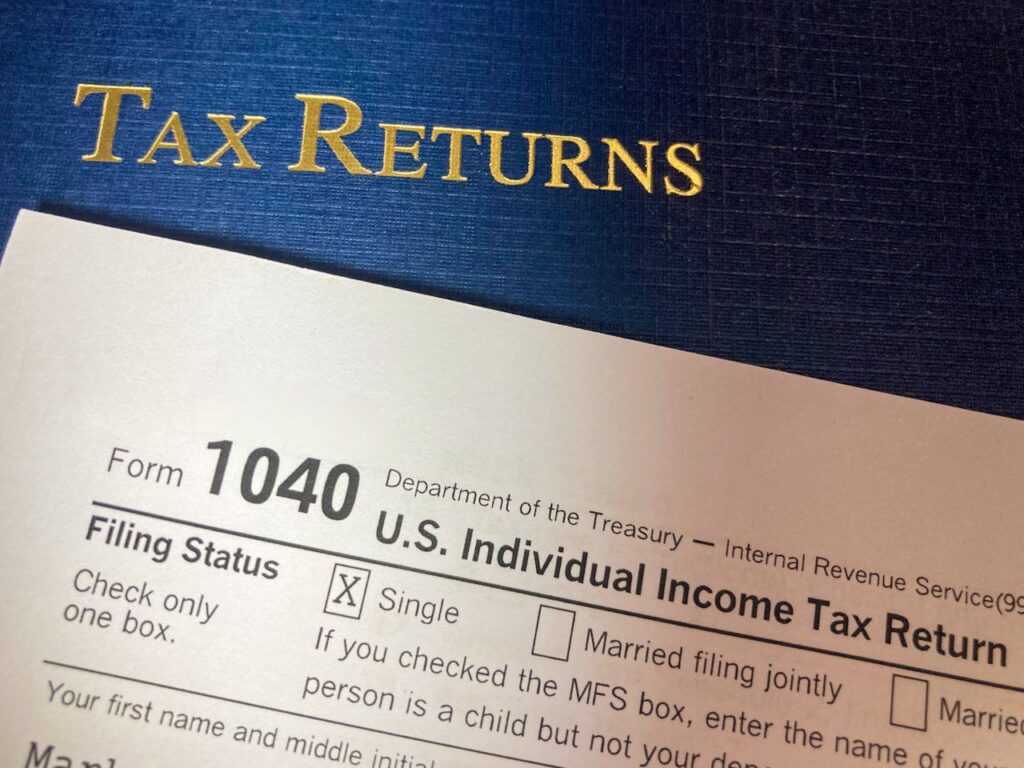Introduction
The Canadian Revenue Agency (CRA) does not permit foreign companies to conduct business in Canada without paying taxes on their income. According to the Income Tax Act, if a non-resident conducts business within Canada, they are liable for tax on any income earned from business activities in Canada. This article explores the taxation policies surrounding non-residents carrying on business in Canada and the factors involved.
Test for Determining if Non-Residents are Carrying on Business in Canada
One of the key questions for the CRA is whether or not a non-resident company is considered to be carrying on business in Canada. This determination significantly impacts whether or not the non-resident is liable for Canadian taxes on income produced from business operations in Canada. Canadian courts typically follow UK precedents and evaluate each case on its unique facts, considering key factors such as:
- The place where the contract is made
- The location of operations from which profits arise
It's important to note that the Canadian courts distinguish between “carrying on business in Canada” and “carrying on business with Canada.” For example, simply allowing Canadians access to goods does not automatically make a non-resident liable for taxes. However, if other factors like having an office or warehouse are present, then the CRA may assess tax obligations.
CRA Factors for Determining Source of Income
The CRA has outlined specific criteria to determine where income is sourced. These guidelines help identify where tax obligations apply:
- Development and sale of real property: Taxed based on the location of the property.
- Merchandise trading: Taxed based on the place where the sales are completed. Other relevant factors include the location of the stock, the place of payment, and the location of manufacture.
- Trading in intangible property: Taxed based on where purchase or sale decisions are made.
- Money lending: Taxed based on where the loan arrangement is completed.
- Personal property rentals: Taxed based on where the property is located.
- Real property rentals: Taxed based on the location of the property.
- Services: Taxed based on where the services are performed.
Additionally, non-resident companies with agents soliciting orders or offering products for sale in Canada may be considered as conducting business in Canada, thus subject to tax on the income generated by these agents.
Independent Contractors vs. Company Agents
Much of the case law on this subject revolves around whether agents are working directly for the non-resident company or whether they can be classified as independent contractors. If agents are independent contractors, their income may not be taxed in Canada. However, if they are considered employees of the non-resident company, the income generated by these agents may be subject to Canadian taxes.
Conclusion
Determining whether a non-resident company is carrying on business in Canada, as opposed to with Canada, is crucial in understanding whether the company is liable for Canadian taxes. Non-resident companies offering goods or services in Canada are at risk of being deemed to be carrying on business within the country. If you are unsure about your company’s tax obligations in Canada, it’s essential to consult with a tax lawyer to ensure compliance with Canadian tax laws and avoid unnecessary tax assessments.
This article is written for educational purposes.
Should you have any inquiries, please do not hesitate to contact us at (905) 836-8755, via email at info@taxpartners.ca, or by visiting our website at www.taxpartners.ca.
Tax Partners has been operational since 1981 and is recognized as one of the leading tax and accounting firms in North America. Contact us today for a FREE initial consultation appointment.


